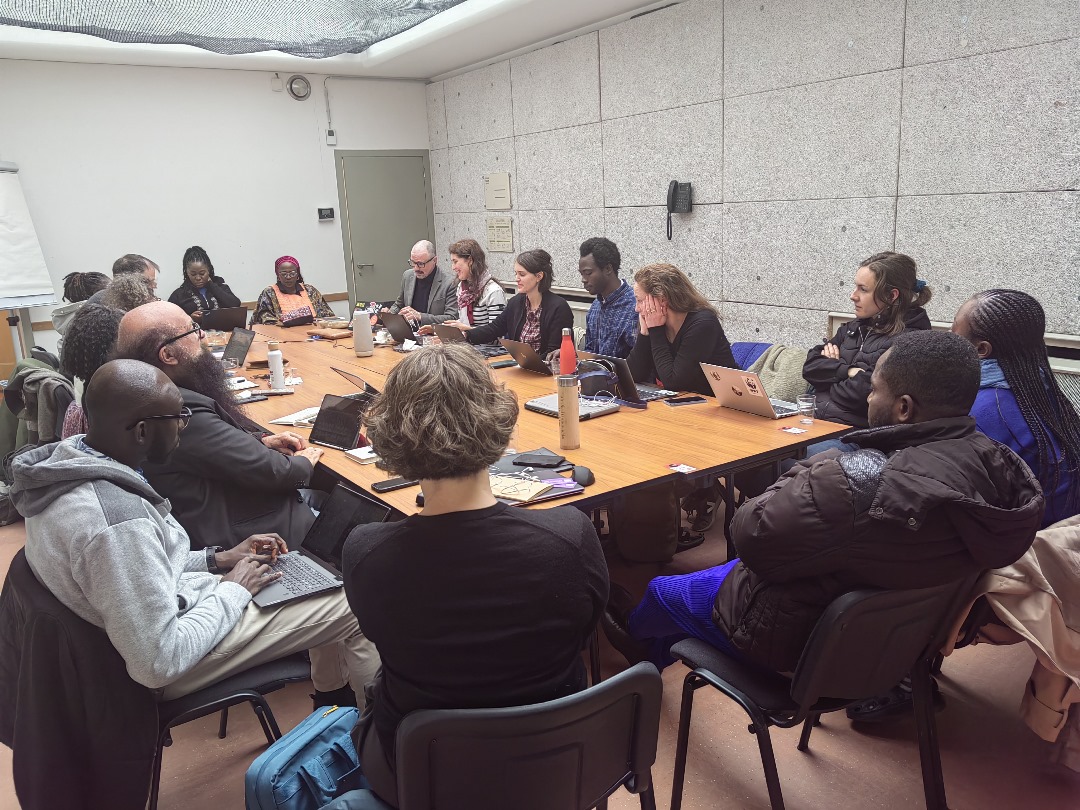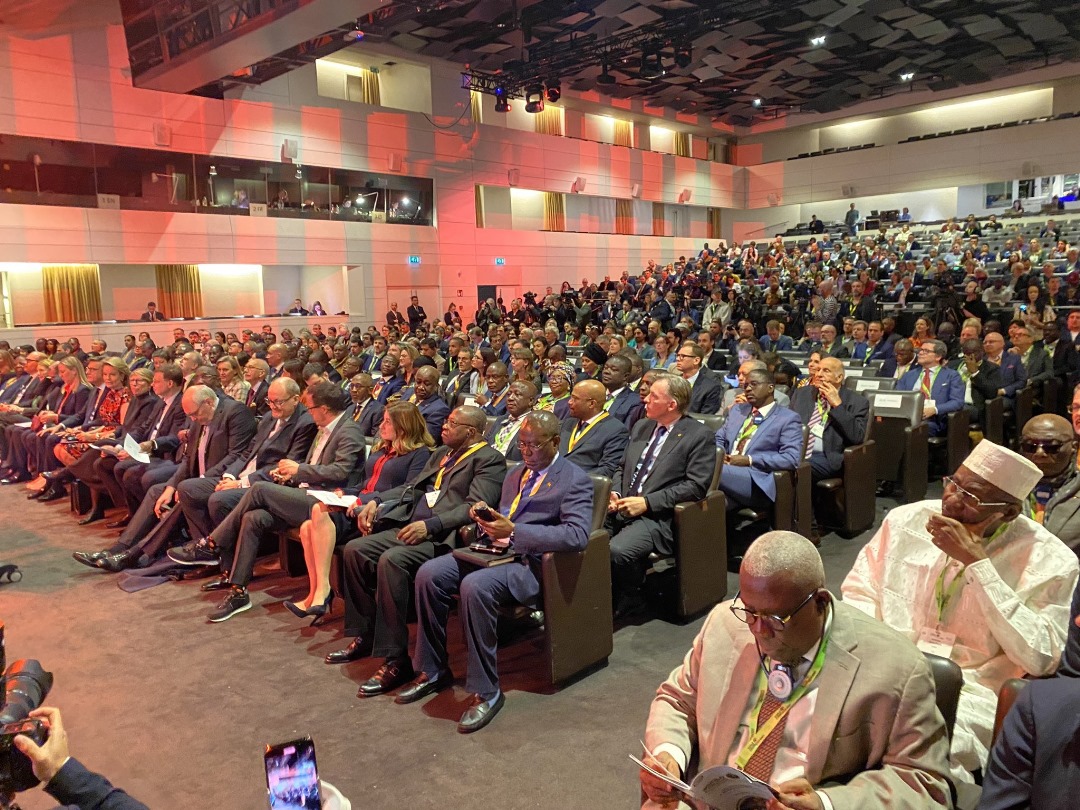
The Ghana Civil-Society Cocoa Platform (GCCP) and the Ivorian Platform for Sustainable Cocoa (PICD) say the time has come for action to reflect the will expressed by the European Union in the Brussels Declaration.
This 5th edition of the World Cocoa Conference focused on discussing the equitable distribution of value along the cocoa supply chain, which will help ensure a better living income for farmers in Africa.
For the last few weeks, cocoa prices have been rapidly increasing due to worse-than-expected harvests from Western African countries such as Ghana and Ivory Coast, squeezing cocoa supplies worldwide.
The jump in prices is due to poor harvests, as a result of extreme weather in important cocoa-producing countries in West Africa.
The prices jumped to all-time highs, touching over $10,000 (€9,234.3) per ton, before settling back at $9,622 per ton around last week, following disappointing harvests in key cocoa-producing countries such as Ghana, Ivory Coast, and Cameroon.
Aging cocoa trees also contributed to lower harvests, as they are more susceptible to disease.
This also means that they are more expensive to maintain, with several farmers choosing to abandon old cocoa trees and farms, for greener pastures.
The jump in prices does not seem to be translating into gains for cocoa farmers, who are still struggling considerably with increased production costs and reduced crop yields.

A joint statement issued today by the two largest cocoa-growing giants indicated that they will remain vigilant on the ground to report on the real progress of interventions agreed upon when the time comes for accountability.
According to the statement, the two platforms took an active part in the 5th edition of the World Cocoa Conference held in Brussels, Belgium from 21 to 24 April 2024. The cocoa giants used the opportunity to congratulate the International Cocoa Organisation (ICCO) on the successful organization of this global event.
The Platforms also welcomed the ICCO’s commitment to the fundamental issue of the purchase price of cocoa which was reflected in almost all conversations but were unhappy with the poor representation of Ghanaian producer organizations and NGOs on the discussion panels.




